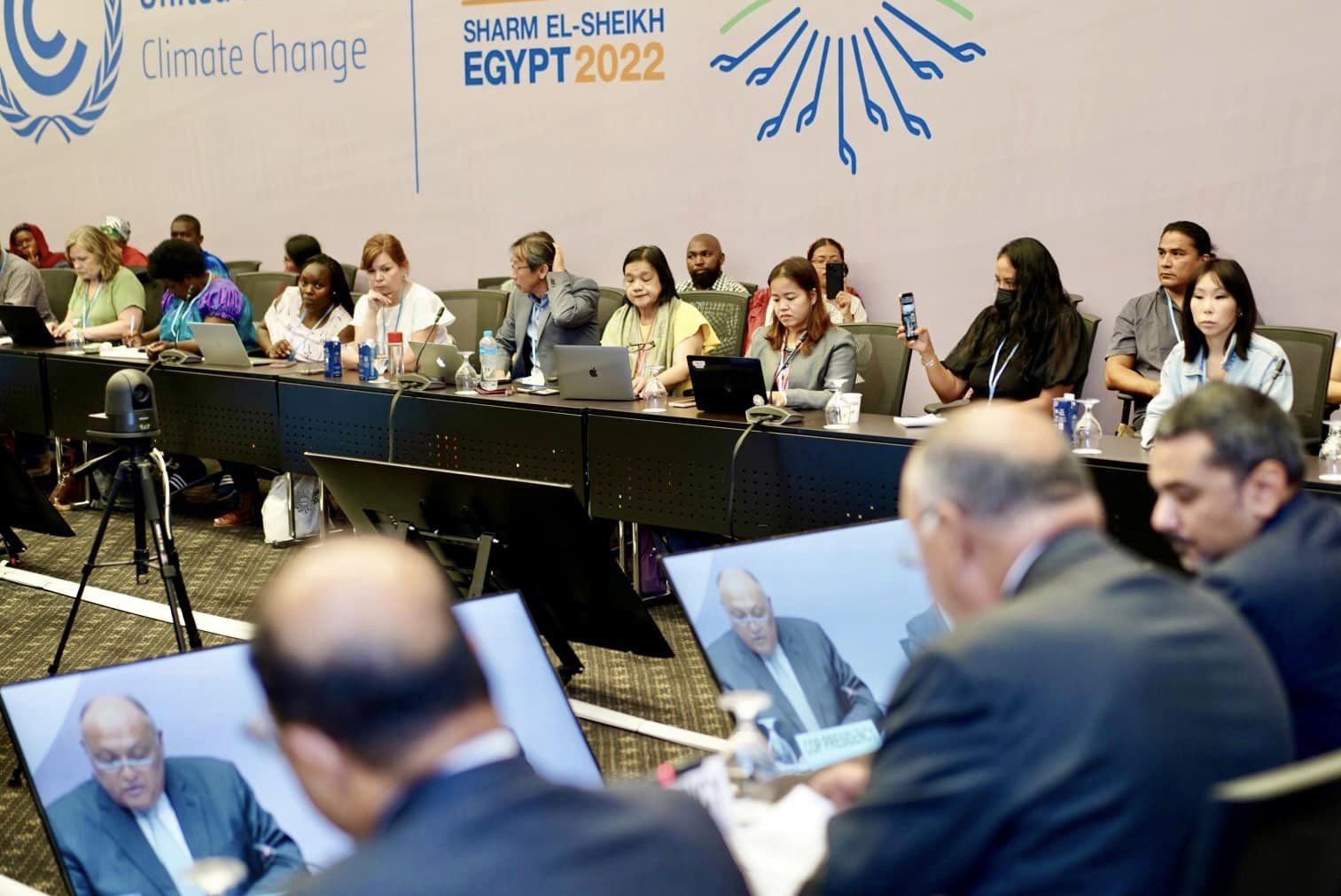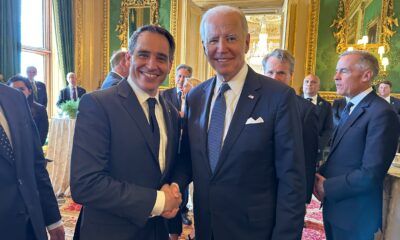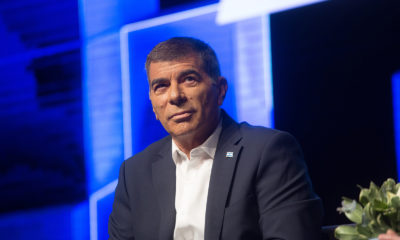
News

COP funding gives green light to renewables in SA
COP27 (the 27th Conference of the Parties to the United Nations (UN) Framework Convention on Climate Change or UNFCCC) in Egypt from 6 to 18 November appears to be a high-level event that doesn’t concern the average citizen, but it affects every person on the planet as well as future generations.
“COP, which is held annually, is where UN countries take on legally binding obligations in order to deal with climate change,” says local energy engineer Jarryd Lake. “South Africa has taken on extensive obligations, primarily to reduce its carbon footprint.”
Hannah Sack, climate change researcher for the South African Institute of International Affairs, says, “COP brings together world leaders, national officials, as well as civil society and non-governmental stakeholders to negotiate how best to tackle climate change as well as reflect on the progress of previous years.”
She notes that “at COP26, South Africa, France, Germany, the United Kingdom, and the United States along with the European Union formed the Just Energy Transition Partnership, in which R8.5 billion was pledged to help South Africa transition away from fossil fuels.
“Since then, South Africa has developed a Just Energy Transition [JET] framework and a JET investment plan. The plan identifies $98 billion [R1.7 trillion] in financial requirements over five years to begin South Africa’s 20-year energy transition. On 7 November, at COP27, it was confirmed that the funds would be dispersed using various mechanisms.”
If South Africa doesn’t transition away from fossil fuels, “the economy will continue to suffer with rolling blackouts, infrastructure instability, poor economic growth, and growing inequality”, says Sack. “Reliance on coal continues to degrade agricultural land and contributes to South Africa’s growing problem of abandoned and unrehabilitated mines. The poorest continue to suffer, through unequal access to electricity, rising fuel and transport prices, and polluted water sources. Switching to renewables will put South Africa on an economic recovery trajectory. It’s vital, however, that communities reliant on the fossil fuel industry are provided with alternative employment opportunities.”
She explains that “at COP21 in Paris in 2015, the Paris Agreement (PA) was formed, which aims to limit temperature rise to below 1.5°C above pre-industrialised levels. Today, there are 197 countries that have committed to the PA. COP thus provides an important opportunity to reflect on commitments to meeting the PA.”
COP also “provides an important opportunity for developing countries to request support to tackle climate change. For example, Africa contributes only about 4% of global emissions, yet the continent faces some of the most devastating effects of climate change such as droughts, floods, and cyclones,” says Sack. “Thus, COP provides an important opportunity for African leaders to negotiate climate finance support to mitigate against the onset of increasing climate disasters.”
Lake says COP27 is important because, “The obligations countries take on will affect their national policy. These will usually result in significant short-term costs that many poorer countries cannot afford. Given that most of the climate damage has been caused by richer nations, and that this damage disproportionately harms the poorer nations, it seems unfair that poorer nations should constrain their economies in similar ways to the richer nations that caused the problem in the first place.
“South Africa is both the largest environmental voice and polluter in Africa,” Lake says. “South Africa is in a very tight space, and the question is how to manage the huge cost of a green energy transition with the huge impact of not going green. Our coal power causes immense health damage, and international and private funding is on condition that we go green.
“At the same time, coal power would by far be the fastest way to stop loadshedding and stabilise our economy – a measure other countries are taking by building more coal power stations. But our current path leads to health, climate, and/or economic ruin. The direction we’re moving in is a balancing act of moving forward with international assistance and not landing ourselves in a health, climate, or economic disaster.
“The World Bank and other international financing groups will hopefully pour resources into South Africa so that we can afford to move away from coal,” Lake says. “The UN also hopes that new technologies will be ready in time to save us from the worst of climate change.”
“Vulnerable and poor countries continue to face loss and damage from climate change,” says Sack, referring to the recent Durban floods as a good example. “At COP26, a three-year Glasgow Dialogue on loss and damage was established. There’s a lot of expectation that this year’s COP will deliver on financing commitments for loss and damage through a dedicated financing facility. There’s also hope that the Santiago Network will be put into operation. This aims to connect vulnerable, developing countries with providers of the technical assistance, resources, and knowledge on loss and damage.
“At COP27, it’s important that Africa positions itself as a key player in the fight against climate change so that financial support from developed countries can be procured,” she says. “Given the Ukraine war, discussions about investment in different energy mixes and extraction in Africa will be important, but should also consider that Africa cannot be locked into a fossil-fuel-based future.
“The role nature can play in the fight against climate change will also be particularly important. For example, it has been proven that mangroves have an amazing ability to protect coastal communities against the onset of floods, cyclones, storm surges, and sea-level rise, and have huge carbon absorption capacity. These qualities make mangrove restoration a vital climate-adaptation initiative that needs to be upscaled in coastal communities in Africa and other developing countries.”
“Ordinary people can help by doing what seems like the smallest things,” she says. “For example, being conscious about switching off lights, saving water, and recycling can help. I encourage citizens to engage with policy, take part in public consultation, and submit comments on draft policies. Ultimately, being informed can go a long way to support global initiatives like the PA.”
Says Lake, “As Jews, we have a biblical mandate and ethical duty to both look after the world and to ‘repair’ it. These fall in-line with much of the UN’s sustainability goals. Our communal values of looking after each other and future generations mean that climate change is critical to manage – it’s too late to prevent it.”








